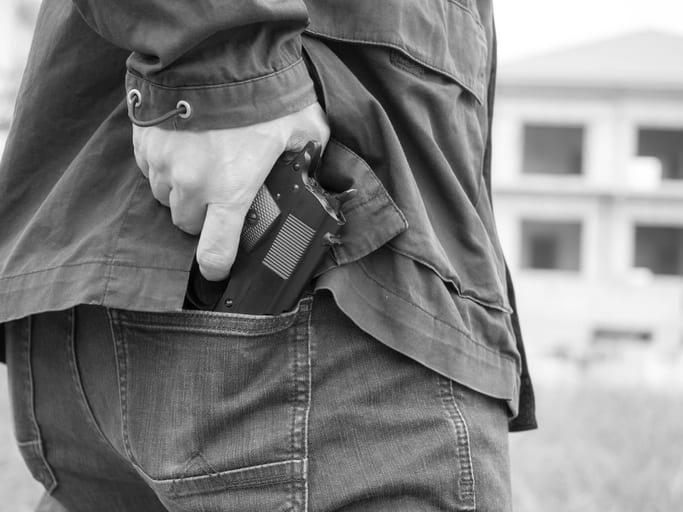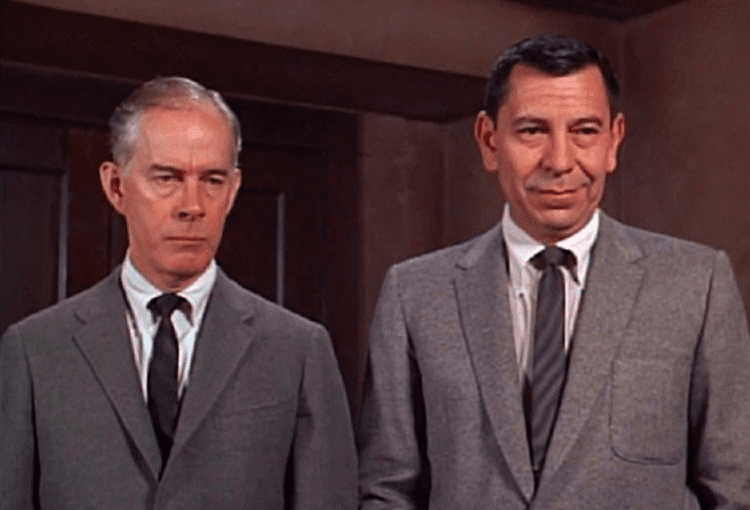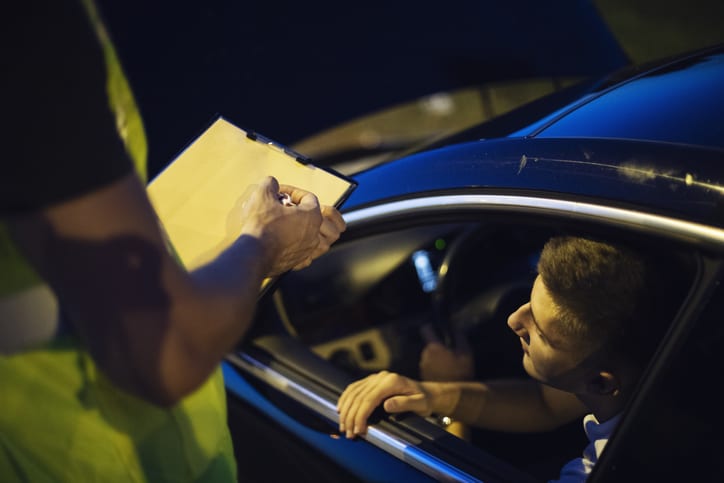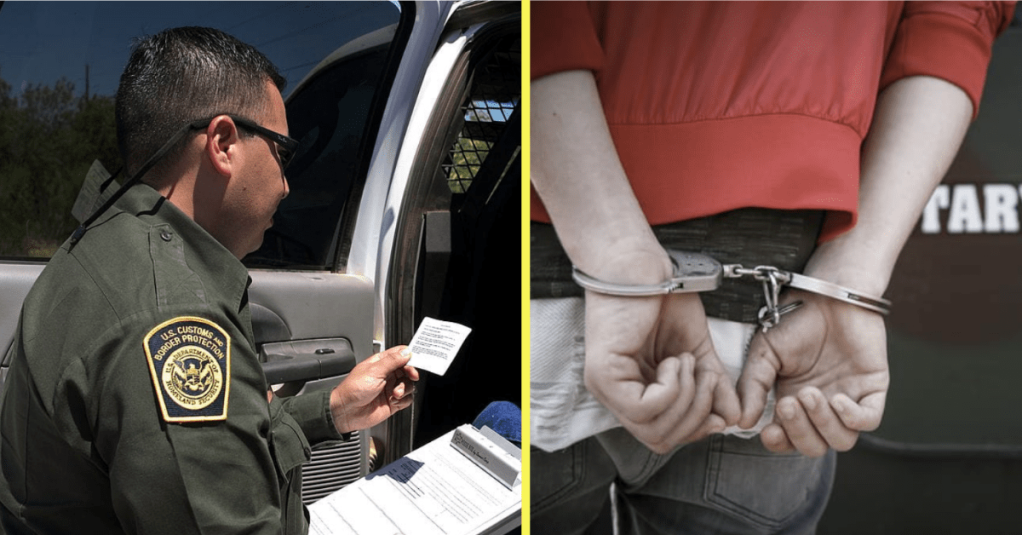Trending Now
We’ve all watched enough cop shows on television to have memorized at least the first part of the Miranda warning.
You know, the part where a cop is shoving you into the back of a cop car, handcuffed, and informing you that you have the right to remain silent, and the right to an attorney, and that anything you’re dumb enough to say can and will be held against you.
What does the rest of the warning say, though? And what are your rights?
Well, we’ve got 8 must-know facts for you below!
8. They don’t apply to undercover officers.

Image Credit: iStock
Illinois v. Perkins protects police working undercover, and they don’t have to advise people of them before asking questions.
Four years earlier, offender Lloyd Perkins confided to John Parisi – who he thought was a fellow inmate, but who was really a cop – about a murder he had committed.
Perkins was convicted, despite his attorneys attempting to throw out the confession as Parisi had not given Perkins his Miranda rights. The Supreme Court sided with law enforcement, stating that there is a distinction between deception and coercion.
7. The script came from a California district attorney.

Image Credit: Public Domain
There has been a long-held rule and list of rights that individuals had to be informed of prior to interrogation, but it wasn’t until Assistant Attorney General Doris H. Maier and Nevada County District Attorney Harold Berliner got involved that an actual script came to life.
Here’s what emerged:
You have the right to remain silent.
Anything you say can and will be used against you in a court of law.
You have the right to talk to a lawyer and have him present with you while you are being questioned.
If you cannot afford to hire a lawyer, one will be appointed to represent you before any questioning, if you wish one.
Do you understand each of these rights I have explained to you?
Having these rights in mind, do you wish to talk to us now?
Berliner, who also owned a printing business on the side, made up easy-to-carry vinyl cards and sent them to law enforcement agencies around the country.
He ended up selling tens of millions of them.
6. They do apply to interrogations that happen outside police custody.

Image Credit: iStock
John J. Fellers won a case at the Supreme Court after two cops questioned him at his home about his drug problems, without reading him his rights, before taking him into custody and charging him.
The Court clarified that Miranda rights begin with official questioning, not at arrest.
5. It entered the public consciousness on Dragnet.

Image Credit: NBC
Actor/producer Jim Webb was a stickler for procedural accuracy, and included the Miranda warning in the popular NBC show when it was revived in 1967.
4. If you’re deaf, you just get a lawyer.
Training material recommends officers not question deaf suspects until a lawyer and translator present because they need to be sure the suspect understands their rights.
They don’t feel that a written version, or depending solely on sign language or lip reading is appropriate.
3. Some border states add this line:

Image Credit: iStock
“If you are not a United States citizen, you may contact your country’s consulate prior to any questioning.”
2. It doesn’t apply to simple traffic stops.

Image Credit: iStock
You don’t get a Miranda warning, even if the officer is asking you questions.
The Supreme Court ruled in Berkemer v. McCarty that the advisement of rights only applies when a suspect was in custody.
1. There’s an exemption for public safety.

Image Credit: iStock
In New York v. Quarles, the Supreme Court created a public safety exemption for situations “in which police officers ask questions reasonably prompted by a concern for the public safety.”
Chief Justice William Rehnquist wrote “We conclude that the need for answers to questions in a situation posing a threat to the public safety outweighs the need for the prophylactic rule protecting the Fifth Amendment’s privilege against self-incrimination.”
More recently, police have been using this exemption in terrorist cases.
I’m feeling better prepared for the inevitability of my eventual arrest!
Have you ever been arrested? What are some things you wish you’d known beforehand? Share with us in the comments!







